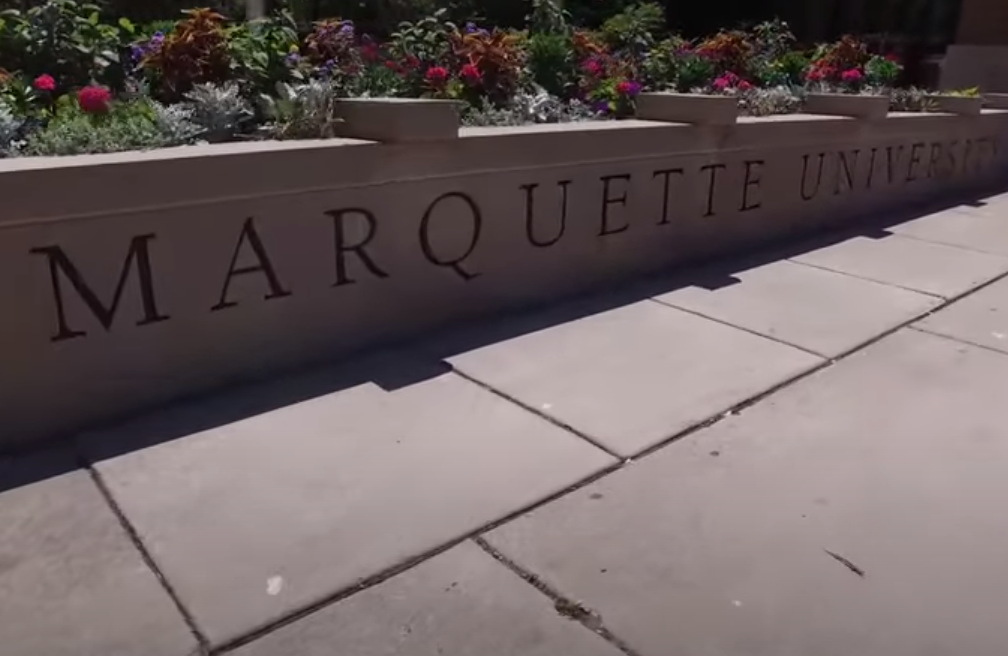Marquette University faculty opposes budget cuts

The Marquette University faculty wrote two open letters criticizing the university administration’s decision to eliminate faculty positions and programs as part of a series of planned budget cuts. According to the administration, the university will have a $45 million shortfall by 2022 in part due to the coronavirus pandemic and also enrollment shortfall.
As Inside Higher Ed reported, the university said that it could lay off between 225 to 300 employees. Additionally, the College of Arts and Sciences could see a quarter of its programs and faculty eliminated. The College of Arts and Sciences is the hub of the university’s humanities programs, as is customary in most colleges and universities.
One of the open letters, signed by faculty from STEM programs (i.e. science, technology, engineering and math), claimed that the university should continue investment in the humanities to reflect the university’s Jesuit traditions, compete with similar colleges and universities, and pave the way for student success.
Part of the letter said, “Scientists graduating from Marquette need to be effective communicators, humanistic-oriented, ethical and compassionate leaders; they must have a deep understanding of the human condition, dynamics of complex communities, and the environment.” The letter continued, “To reduce and undermine these strengths is not only a betrayal of Marquette’s Jesuit mission, but a betrayal of the students who chose to study the sciences in the context of a Jesuit commitment to liberal arts education.”
The other open letter, penned by the university’s faculty council, explained its concerns about budget cuts and proposed other ways to save money. The council contended that the budget cuts could negatively impact the university’s ranking in the annual U.S. News & World Report rankings and eventually hurt tuition revenue. It also proposed slashing discretionary spending and selling property instead of the proposed budget cuts.
However, faculty members should recognize that the higher education system is a bloated bureaucratic system that has led to ballooning student loan debt.
Just like corporations and companies, higher education institutions must adjust during lean economic times and eliminate duplicative programs or programs that do not bring in significant revenue in order to survive. For far too long, countless American college graduates have been saddled with tens of thousands of dollars in student loans without having the skills to enter into an ever-changing workforce. This is a time of reckoning for colleges and universities to take a hard look at their programs and recognize that workforce skills trump faculty preferences.




